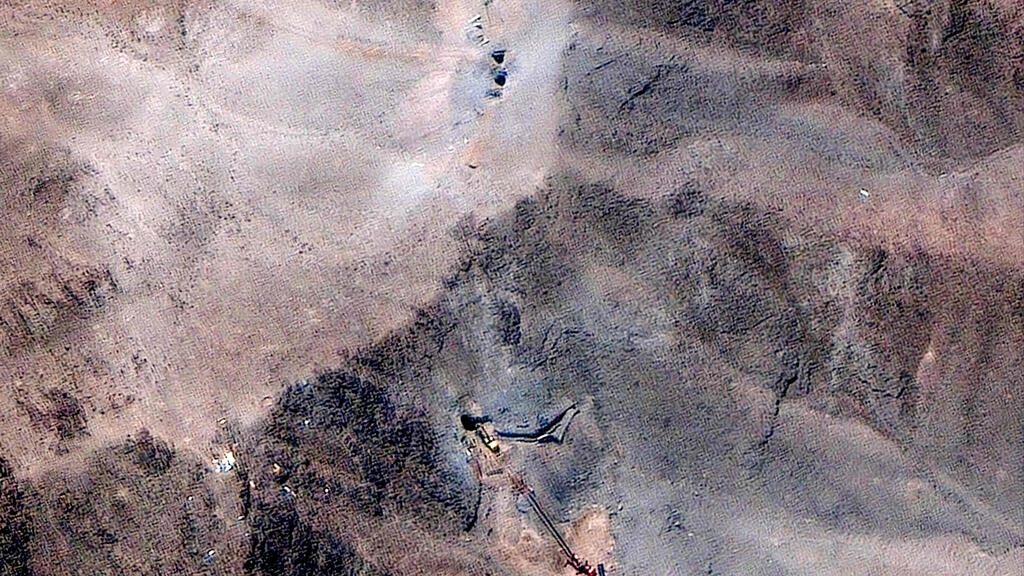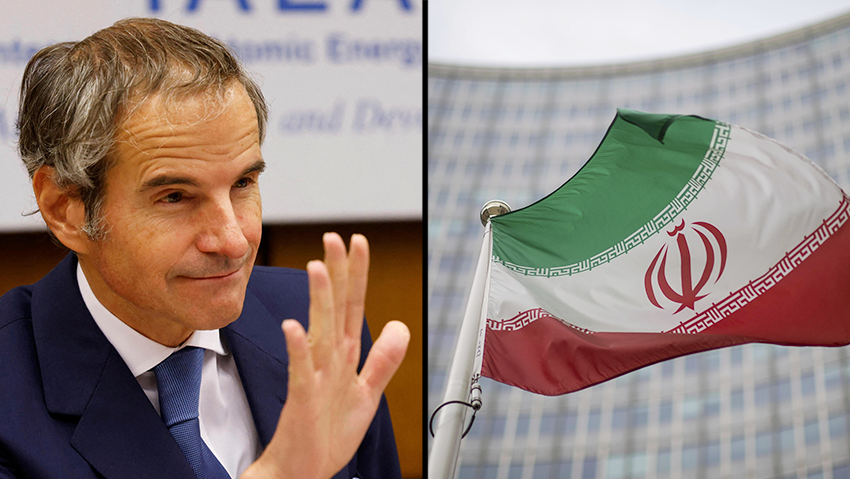Iranian President Masoud Pezeshkian announced Wednesday that he has approved legislation suspending cooperation with the International Atomic Energy Agency (IAEA), a move widely seen as Tehran’s retaliation for Israeli and U.S. airstrikes on its nuclear facilities.
The bill was passed by Iran’s parliament last Wednesday, just a day after the ceasefire with Israel took effect. While the scope of the suspension remains unclear, including whether IAEA inspectors will be expelled from Iran, Pezeshkian’s public endorsement suggests the law will be implemented.
According to Iran’s legal system, enforcement falls under the Supreme National Security Council, which Pezeshkian himself heads, though its power to apply the law is limited.
Tehran has accused the IAEA of providing Israel with a pretext to launch Operation Rising Lion, which began one day after the agency’s Board of Governors issued a historic resolution accusing Iran of breaching its commitments under the Nuclear Non-Proliferation Treaty (NPT).
Under the NPT, Iran is obligated to allow IAEA oversight of its nuclear facilities. In the past, Iran has threatened to withdraw from the treaty if its nuclear sites are attacked.
Chants against Israel and the U.S. in Iran's parliament
Iran is also angry that the IAEA refrained from condemning the Israeli and U.S. strikes. Following the parliamentary vote, Iran's Parliament Speaker Mohammad Bagher Ghalibaf declared the agency had "sold its international credibility."
As a result, Iran’s Atomic Energy Organization will suspend cooperation with the IAEA until the "security of our facilities is guaranteed and our peaceful nuclear program can advance more quickly," he added.
Get the Ynetnews app on your smartphone: Google Play: https://bit.ly/4eJ37pE | Apple App Store: https://bit.ly/3ZL7iNv
Much of the Iranian criticism has centered on IAEA Director General Rafael Grossi, with hardline voices issuing direct threats against his life. The ultra-conservative newspaper Kayhan, regarded as a mouthpiece for Supreme Leader Ali Khamenei, wrote that Grossi should be "put on trial and executed as an Israeli agent."
2 View gallery


The Fordow nuclear site after US strikes
(Photo: AFP PHOTO/ SATELLITE IMAGE ©2024 MAXAR TECHNOLOGIES)
In response, the U.S., UK, France and Germany issued a joint statement condemning the threats. Officially, Iranian representatives have distanced themselves from the threats. Iran’s UN Ambassador Amir Saeid Iravani denied that any threat had been made.
However, Foreign Minister Abbas Araghchi struck a different tone, saying Grossi was "not welcome in Iran" due to "negative actions"—a veiled accusation of collusion with Israel.
Iranian Foreign Ministry spokesperson Esmail Baghaei added: “How can we be expected to guarantee the safety of IAEA inspectors when the sites they monitor were attacked—sites used solely for peaceful purposes?"






